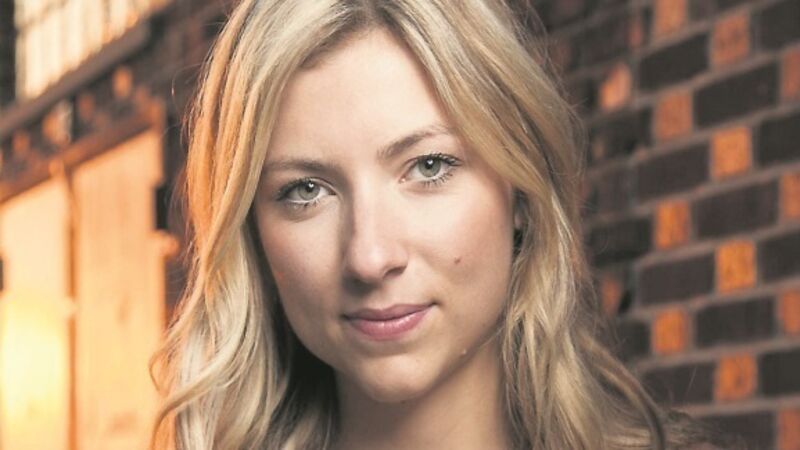Annie Lederman's troubled past has helped her forge a great stand-up career

ANNIE Lederman learned to be funny the hard way. “I went to a school for juvenile delinquents,” says the 33-year-old, one of American comedy’s hottest up-and-comers and a huge social media star to boot. “Pretty much everyone I know is dead — except for one guy who became a cop. I couldn’t believe it. ‘You’re a fucking cop — Jesus Christ, I’ve watched you do the craziest shit’.”
Seeing friends die in front of you changes your perspective she says. Lederman, in Dublin this week for the Vodafone Comedy Festival at the Iveagh Gardens, understands second chances don’t come around often. For her “Yolo” isn’t a millennial catch-cry. It’s a warning from her childhood in a sketchy neighbourhood of Philadelphia.











